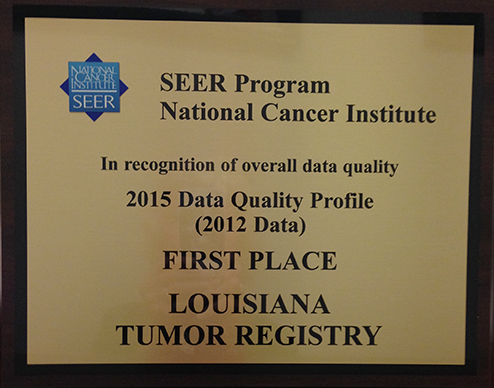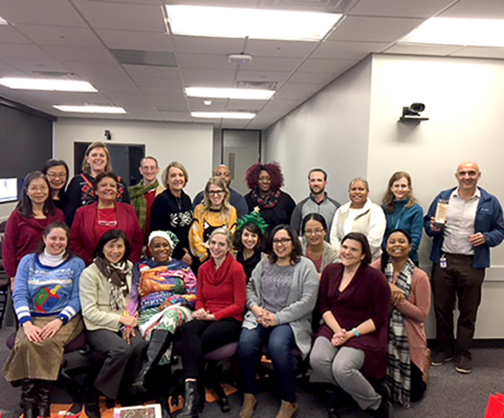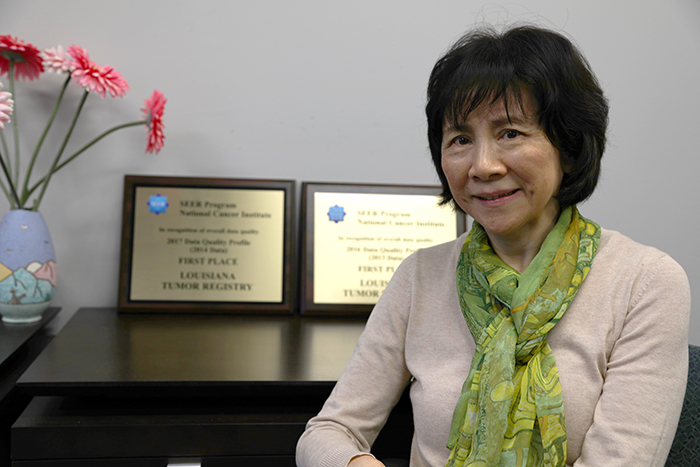Dr. Wu, known affectionately as Wu around the School, was happily doing cancer research in the early 1990s. She analyzed statistical data on the differences between blacks' and whites' cancer survival for a study funded by the National Cancer Institute, among others. She thought she had found her niche, and it was cancer research – until cancer came knocking at her family’s door.
"My mother-in-law, who was in her 60's, was diagnosed with cancer in 1995, and she died a year after," Wu recalls. "We did not know that the cancer had metastasized everywhere. When cancer takes someone you love, it really makes you think about things in a different way, and it motivates you to do what you can to spare others the same tragedy. Cancer affects so many people's lives. As a statistician, I realized how important data is, because without data, where do you start and how do you know where will you have the most impact?"
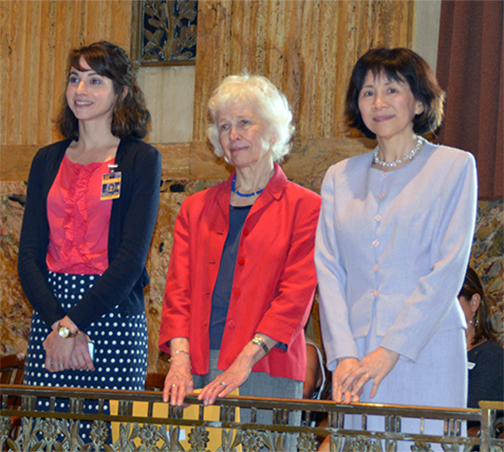
“You need to use cancer registry data to identify where you should put efforts to reduce cancer incidence and deaths. Physicians deal with individual patients; a population-based cancer registry monitors cancer occurrence at the population level. Cancer registry data can help policymakers to make good decisions. It can be used for screening, for cancer prevention and education – for lots of things.”
“I got my certification – I am a certified tumor registrar – because I wanted to understand more about cancer coding and how to best collect data.”
As Wu got more involved with data collection, she realized how critical the quality of the data is. It’s not enough to generate data. It has to be quality data.
“It’s not easy. You have to collect data from all reporting sources, and they are many.”
LTR works with hospitals, freestanding surgical and radiation therapy centers, oncology, urology, and dermatology clinic offices, hospices, nursing homes, pathology labs in- and out-of-state, and other state departments, including vital records, among other sources.
LTR’s hard work continues to benefit not only the citizens of Louisiana, but also national and international cancer efforts. LSU Health New Orleans School of Public Health’s Louisiana Tumor Registry is one of only 18 population-based cancer registries in the US chosen by the National Cancer Institute to join its Surveillance, Epidemiology and End Results (SEER) Program. The data from this program drives national cancer policy and priorities. NCI’s SEER Program has awarded First Place to LTR for the past eight consecutive years for its data. This award is given to registries that meet all the benchmarks for high-quality, timeliness, and completeness of cancer data – exceeding 98% of cases.
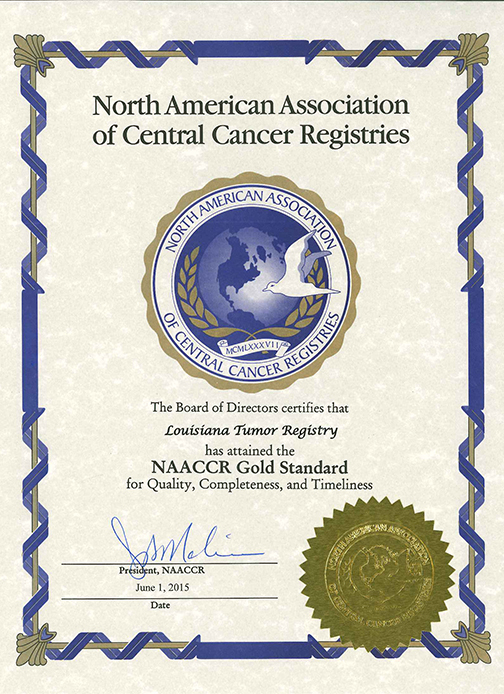
LTR is also invited to submit its data to the North American Association of Central Cancer Registries (NAACCR) for its publications, considered to be the most prestigious publications on cancer incidence worldwide. NAACCR has also recognized the quality of LTR data with awards for quality, completeness and timeliness of its data. LTR data have received Gold Certificates from the North American Association of Central Cancer Registries every year since 1997.
As a testament to Wu’s stature and national regard, she was invited to co-author an Annual Report to the Nation on the Status of Cancer – the first report to the country on the decline in both cancer incidence and death rates.
